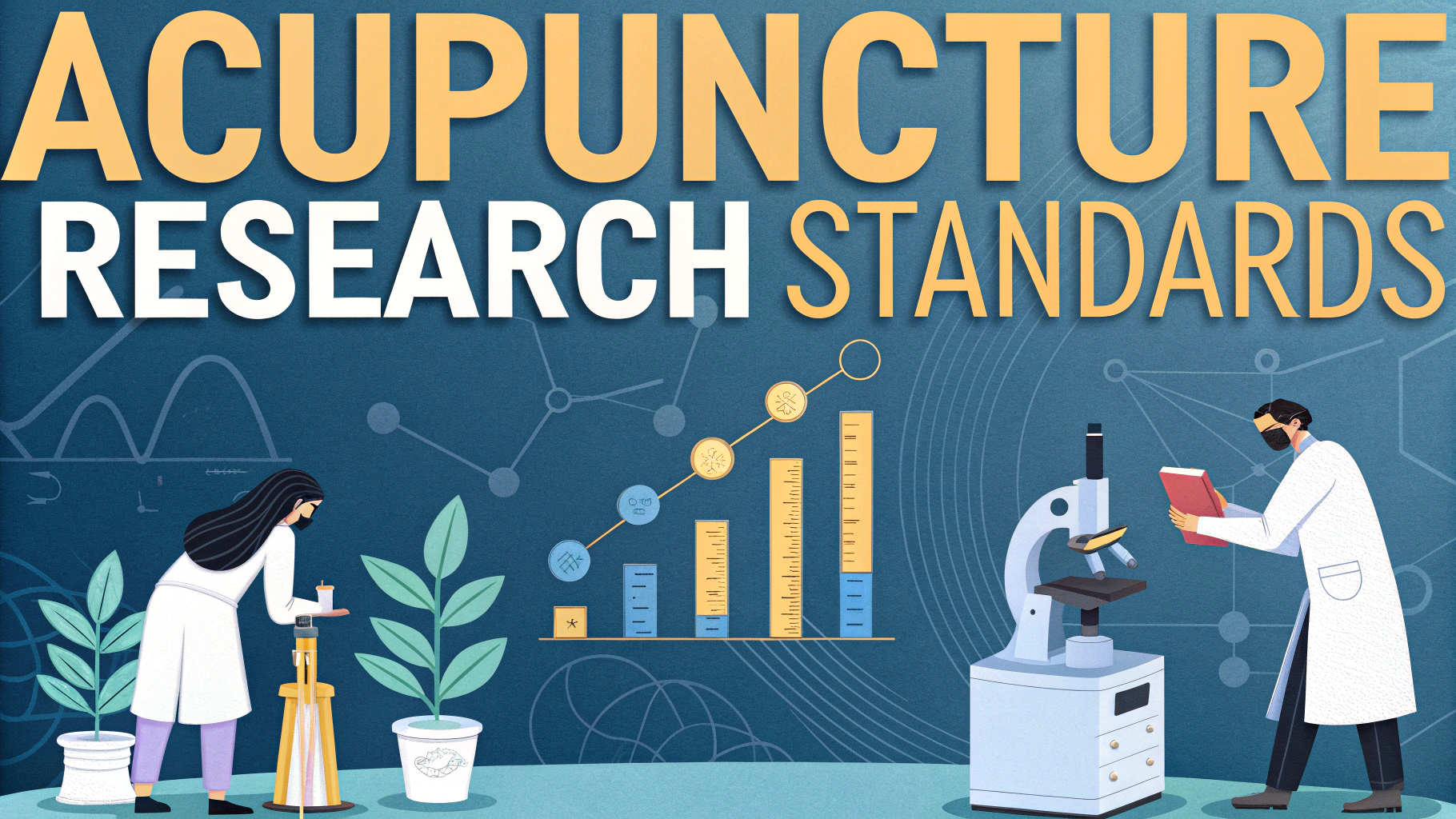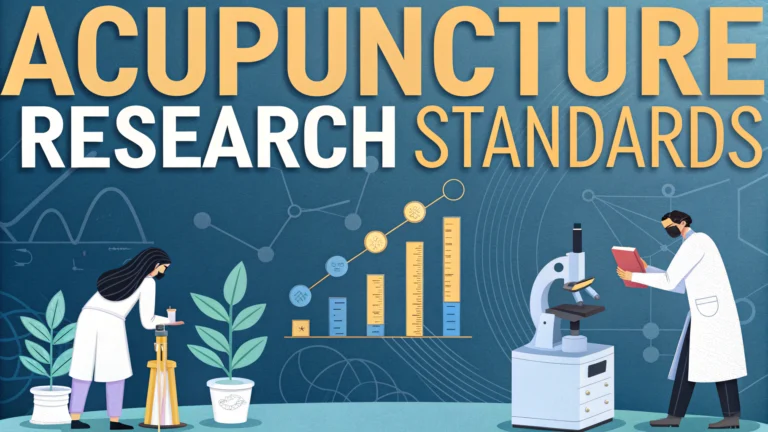Understanding Acupuncture: A Beginner’s Guide to Traditional Chinese Medicine
Acupuncture stands as one of the oldest healing practices in Traditional Chinese Medicine (TCM), dating back over 3,000 years.
This ancient practice involves inserting ultra-thin needles into specific points along the body’s meridians to restore balance and promote natural healing.
Modern research continues to validate acupuncture’s effectiveness for various conditions, from chronic pain management to stress reduction.
How Acupuncture Works
According to TCM principles, acupuncture works by balancing the flow of qi (life energy) through pathways called meridians in the body.
- Needles stimulate specific acupoints
- Triggers natural pain-relieving chemicals
- Increases blood flow to treated areas
- Reduces inflammation
Common Conditions Treated
- Chronic pain and arthritis
- Headaches and migraines
- Anxiety and depression
- Digestive disorders
- Fertility issues
- Sleep problems
What to Expect During Treatment
A typical session starts with a thorough health assessment by a licensed acupuncturist.
- Sessions last 30-60 minutes
- Most people feel minimal or no discomfort
- Patients often report feeling relaxed
- Treatment plans vary from 6-12 sessions
Finding a Qualified Practitioner
Look for practitioners certified by the National Certification Commission for Acupuncture and Oriental Medicine (NCCAOM).
Credential
Meaning
L.Ac
Licensed Acupuncturist
DACM
Doctor of Acupuncture and Chinese Medicine
OMD
Doctor of Oriental Medicine
Safety and Preparation
- Inform practitioner about medications and health conditions
- Eat a light meal before treatment
- Wear loose, comfortable clothing
- Avoid alcohol or caffeine before session
Insurance and Cost Considerations
Treatment costs typically range from $50-150 per session.
- Many insurance plans now cover acupuncture
- Check with provider about coverage
- Ask about package pricing options
- Some practitioners offer sliding scale fees
Next Steps for Your Healing Journey
Contact the NCCAOM at (904) 598-1005 or visit www.nccaom.org to find certified practitioners in your area.
Schedule a consultation to discuss your specific health concerns and determine if acupuncture aligns with your wellness goals.
Remember to maintain open communication with both your regular healthcare provider and acupuncturist to ensure coordinated care.
Research and Scientific Evidence
Clinical studies have demonstrated acupuncture’s effectiveness across multiple health conditions:
- 43% reduction in chronic pain symptoms
- Significant improvements in anxiety levels
- Enhanced fertility outcomes when combined with IVF
- Reduced frequency of tension headaches
Integrative Medicine Approach
Acupuncture works best as part of a comprehensive wellness strategy:
- Combines well with conventional treatments
- Enhances overall treatment outcomes
- Reduces dependency on medications
- Supports long-term health maintenance
Lifestyle Recommendations
During Treatment Course
- Stay hydrated before and after sessions
- Maintain regular sleep patterns
- Practice stress-reduction techniques
- Follow dietary recommendations
Long-term Wellness
- Schedule maintenance sessions
- Monitor symptoms and progress
- Keep detailed health records
- Engage in gentle exercise
Embracing Natural Healing
Start your journey toward balanced health by researching qualified practitioners and discussing treatment options. Remember that healing is a process, and consistency with treatments often yields the best results.
- Document your progress
- Trust the healing process
- Maintain regular appointments
- Stay committed to your wellness goals
FAQs
- What exactly is acupuncture and how does it work?
Acupuncture is a traditional Chinese medicine practice that involves inserting thin needles into specific points on the body. It works by stimulating these points to balance the flow of qi (vital energy) through pathways called meridians, promoting natural healing and reducing pain. - Does acupuncture hurt?
Most people feel minimal to no pain during acupuncture. The needles are extremely thin, about the width of a human hair, and while you may feel a slight pinch or tingling sensation upon insertion, it’s typically not painful. - What conditions can acupuncture treat?
Acupuncture can help with chronic pain, migraines, anxiety, depression, insomnia, digestive issues, infertility, menstrual problems, arthritis, allergies, and various other physical and mental health conditions. - How many sessions will I need?
The number of sessions varies depending on the condition being treated. Acute conditions may improve in 2-4 sessions, while chronic conditions might require 8-12 sessions or more. Your practitioner will create a personalized treatment plan. - Are there any side effects to acupuncture?
Side effects are generally minimal but may include slight bruising, minor bleeding at needle sites, temporary soreness, and fatigue. Serious complications are extremely rare when performed by a licensed practitioner. - How long does each acupuncture session last?
A typical session lasts 30-60 minutes, with the needles usually remaining in place for 20-30 minutes. The first visit may be longer as it includes a detailed health assessment. - Is acupuncture covered by insurance?
Many insurance companies now cover acupuncture treatments, especially for chronic pain management. Coverage varies by provider and plan, so it’s important to check with your insurance company. - How should I prepare for an acupuncture session?
Wear loose, comfortable clothing, eat a light meal beforehand, avoid alcohol or caffeine, and arrive 10-15 minutes early. It’s also helpful to bring a list of medications and medical conditions to your first appointment. - How do I know if my acupuncturist is qualified?
Look for practitioners who are licensed by their state board and certified by the National Certification Commission for Acupuncture and Oriental Medicine (NCCAOM). They should have formal training and proper credentials. - Can I receive acupuncture while pregnant?
Yes, acupuncture is generally safe during pregnancy when performed by a qualified practitioner. It can help with morning sickness, back pain, and other pregnancy-related discomforts. However, certain acupuncture points should be avoided during pregnancy.
Author: AcupunctureMy
Related Posts
Acupuncture Research Standards
Research Corner
|
methodology, science
Research standards in acupuncture have evolved significantly over the past decades to ensure reliable, evidence-based results that can be replicated across different studies. The integration of modern scientific methods with ... Read more
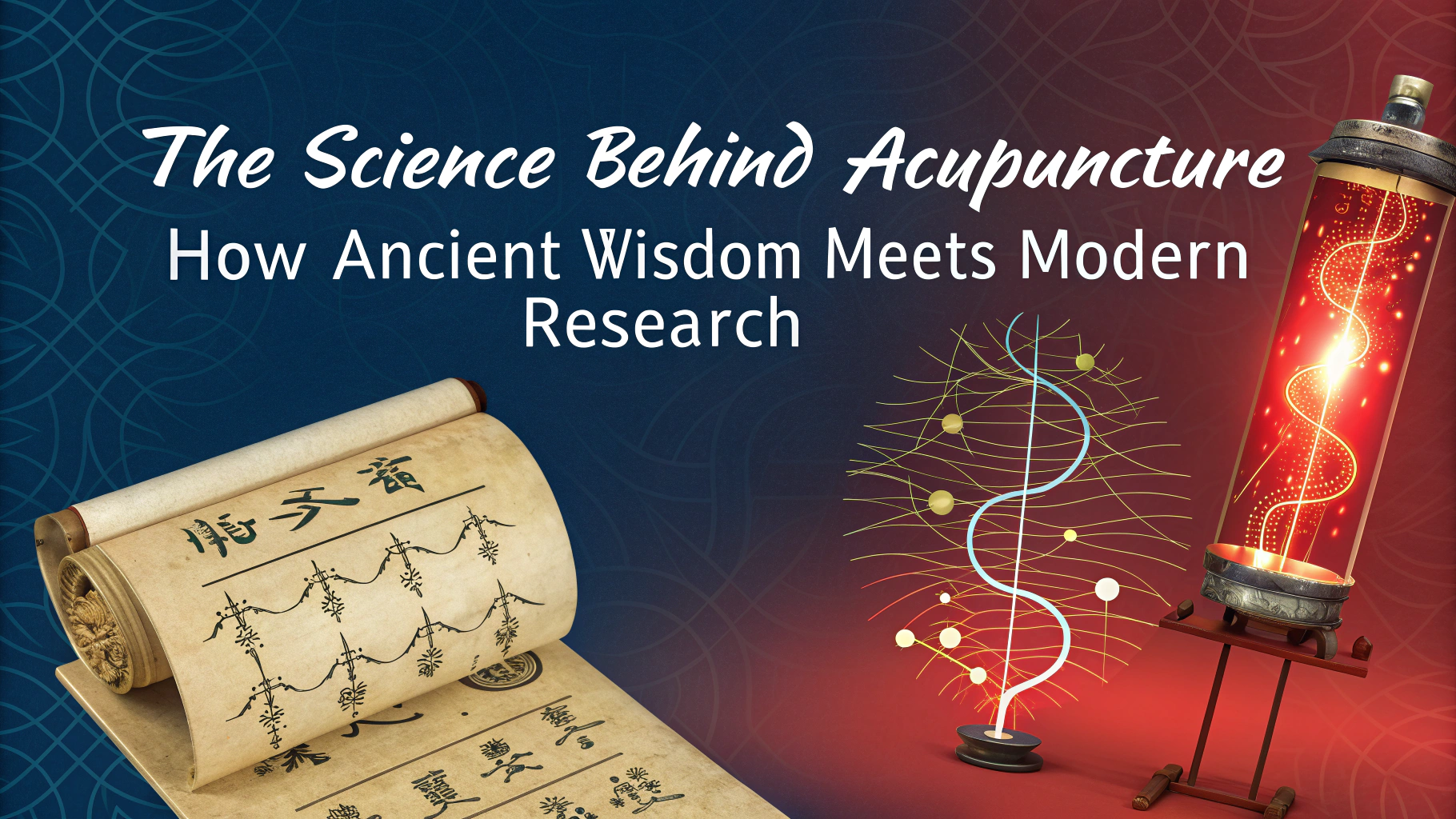
Understanding Treatment Duration
Treatment Guides
|
expectations, planning
The length of an acupuncture treatment plan varies significantly based on individual health conditions and treatment goals. A typical acupuncture session lasts between 30-60 minutes, with the needles remaining in ... Read more
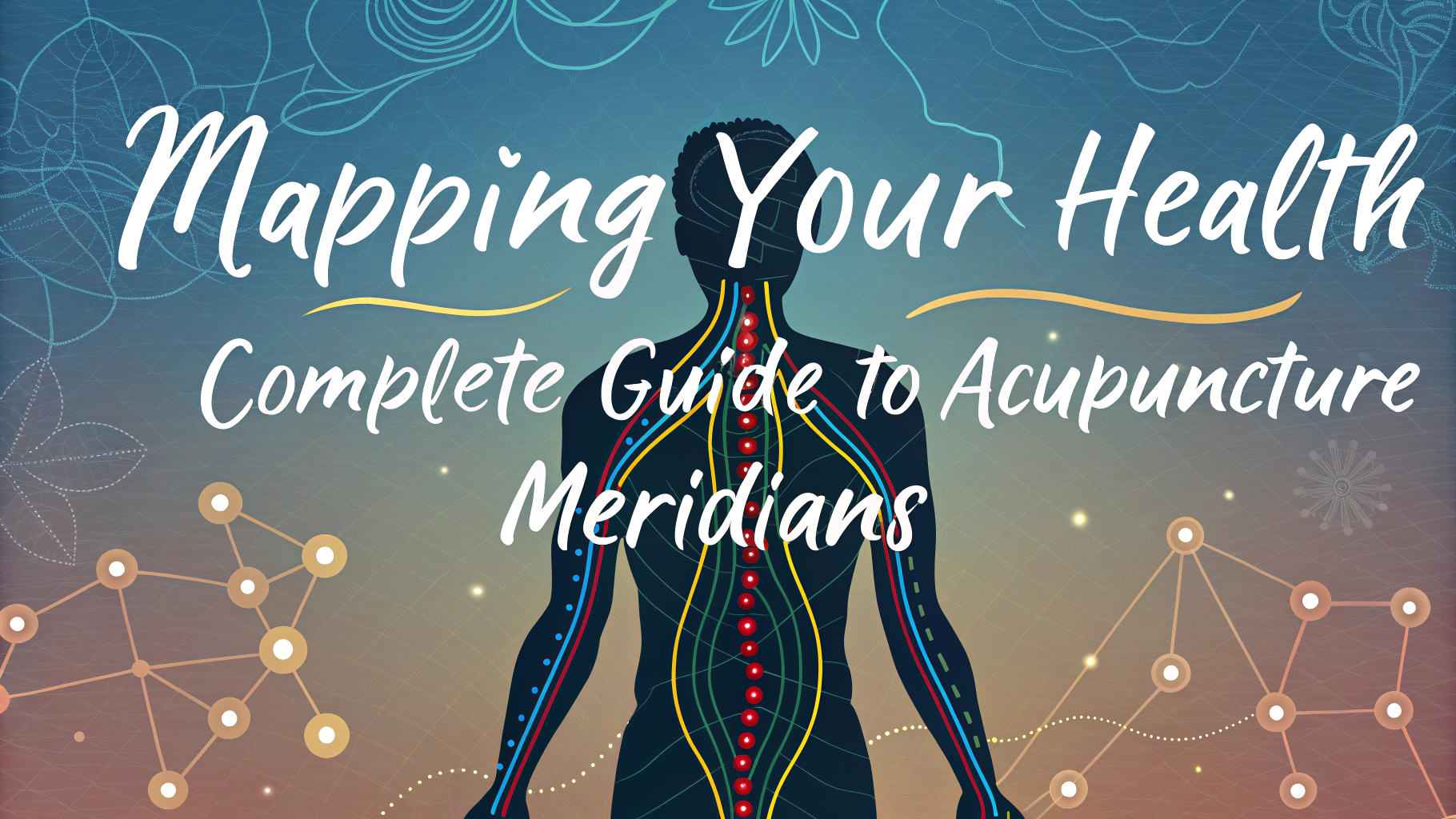
Traditional Chinese Medicine Weather Theory
Fundamentals
|
environment, health
Traditional Chinese Medicine (TCM) recognizes intricate connections between weather patterns and human health, developing sophisticated frameworks for understanding these relationships over thousands of years. Weather changes can significantly impact our ... Read more
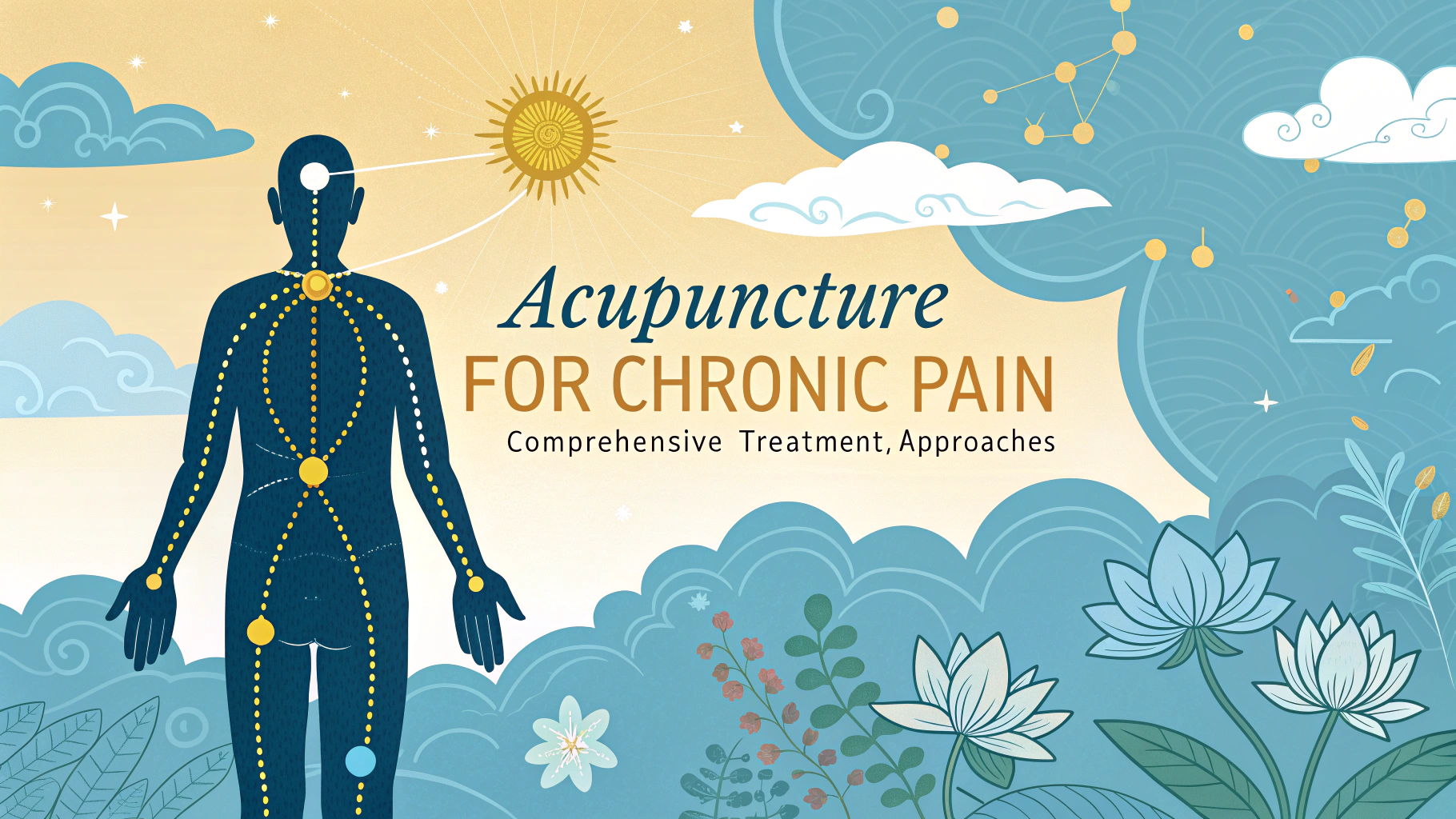
Acupuncture for Sinus Health
Conditions Treated
|
allergies, respiratory
Acupuncture offers a time-tested approach to managing sinus problems by targeting specific pressure points that can help relieve congestion, reduce inflammation, and restore proper sinus function. Traditional Chinese Medicine views ... Read more
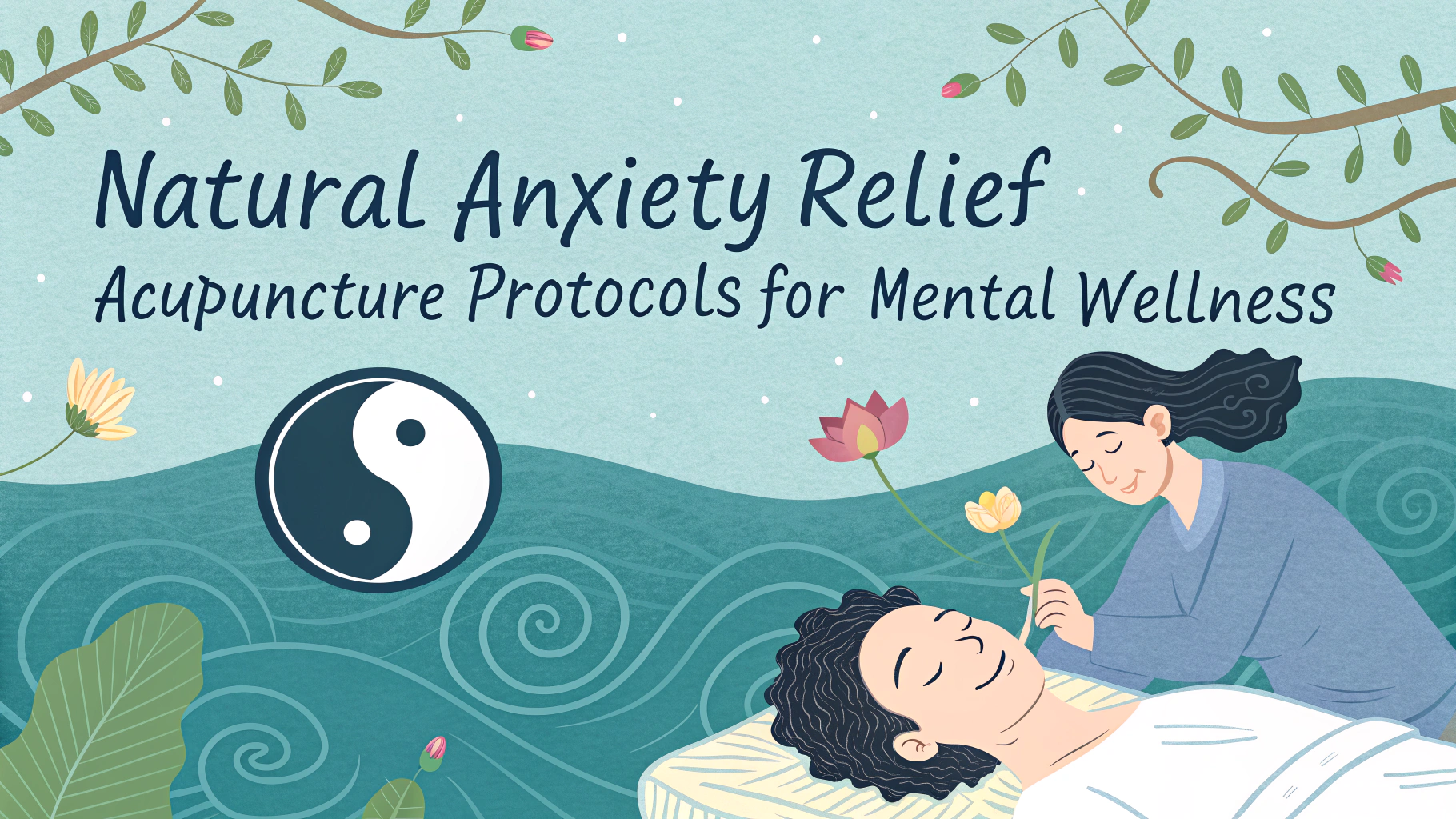
Understanding Point Selection
Fundamentals
|
technique, theory
Point selection stands as one of the most important aspects of effective acupuncture treatment. Skilled practitioners combine traditional wisdom with modern understanding to identify the optimal points for each patient’s ... Read more
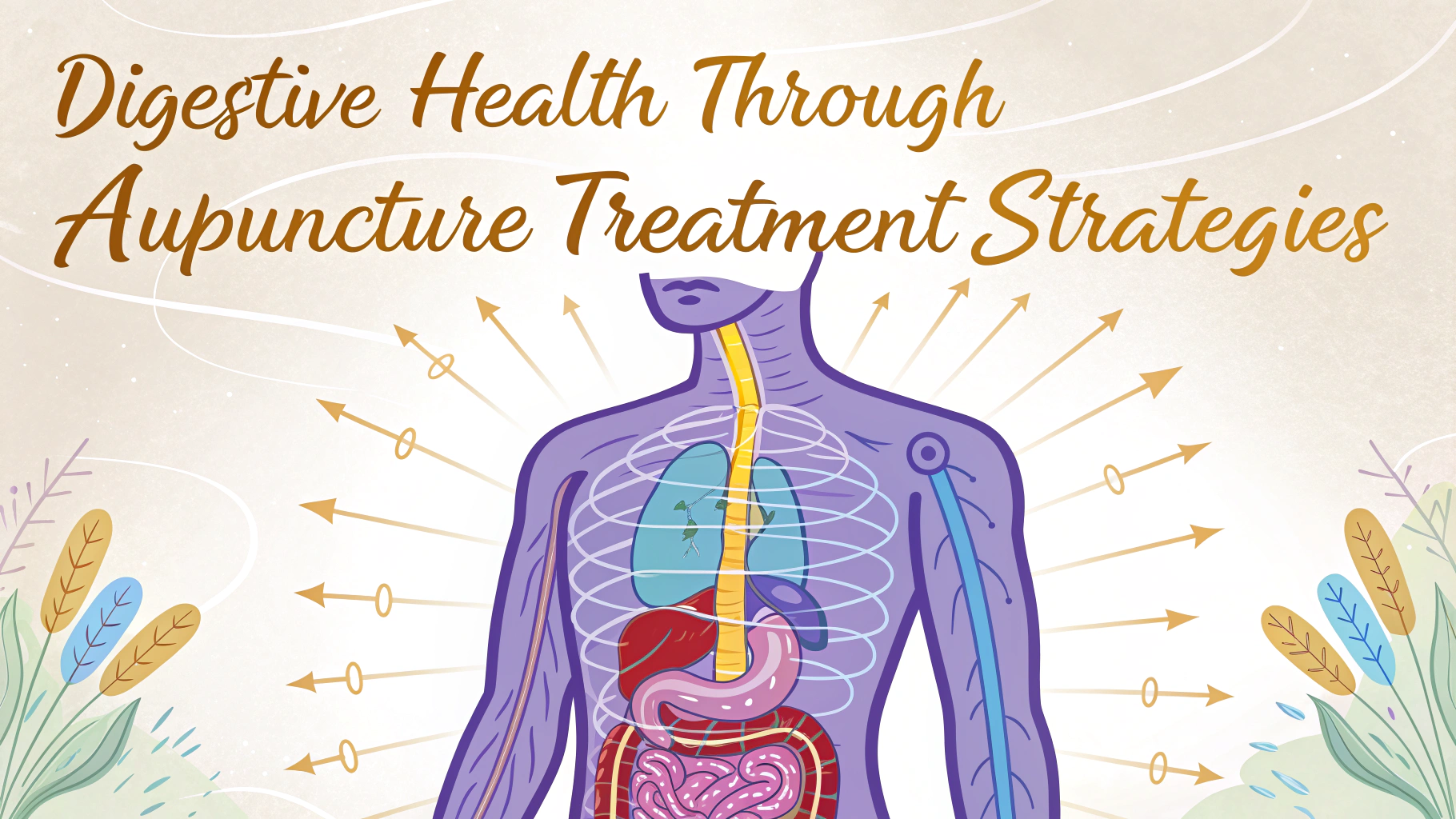
Treating Computer-Related Pain
Conditions Treated
|
ergonomics, pain
Computer-related pain affects millions of people who spend long hours working at their desks. Acupuncture offers a natural, effective treatment option for various musculoskeletal issues that develop from prolonged computer ... Read more
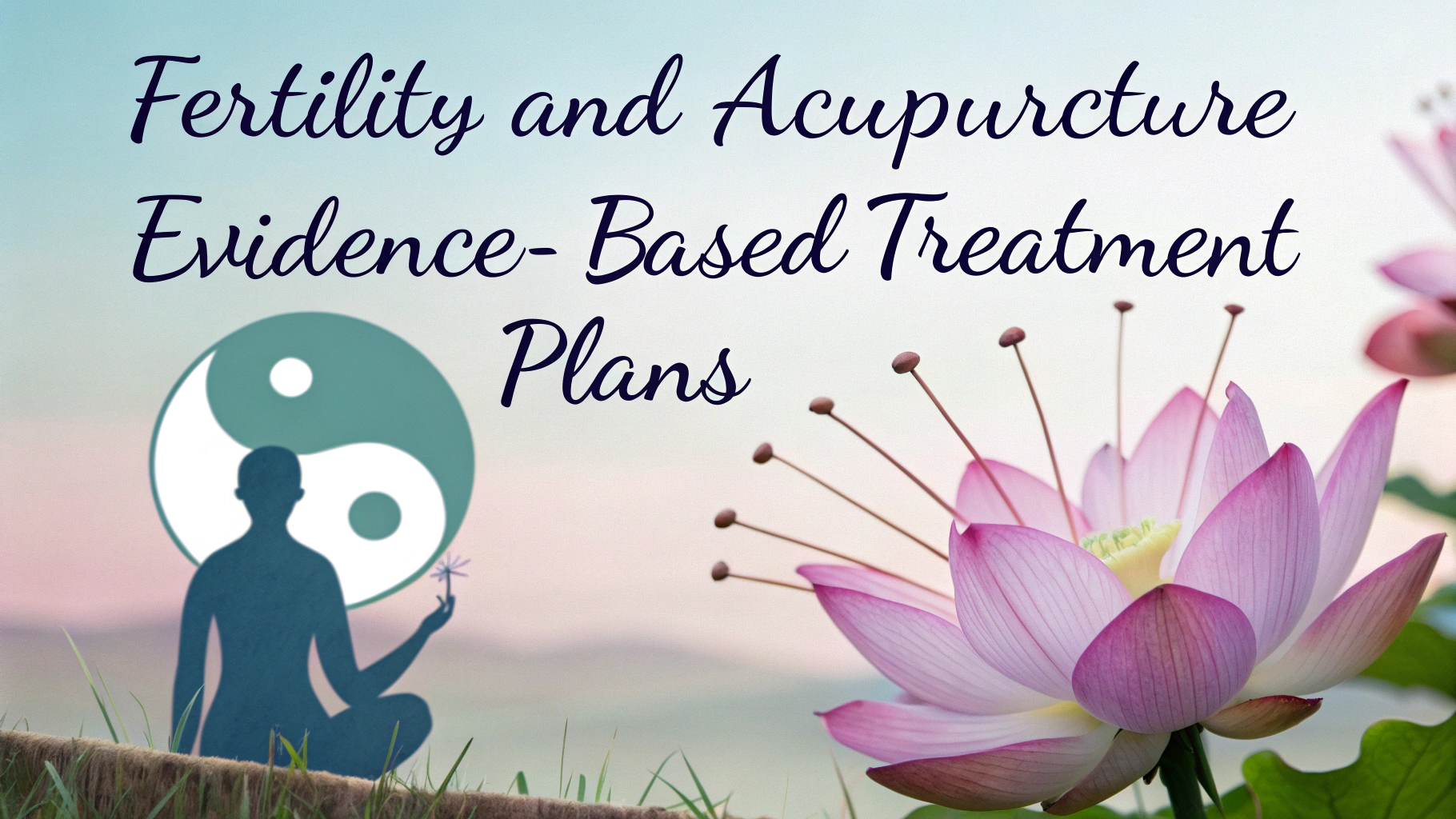
Acupuncture for Lymphatic Health
Conditions Treated
|
circulation, immunity
Acupuncture offers a time-tested approach to supporting lymphatic health through strategic needle placement and gentle stimulation techniques. This ancient Chinese medicine practice helps activate lymph flow, reduce swelling, and enhance ... Read more
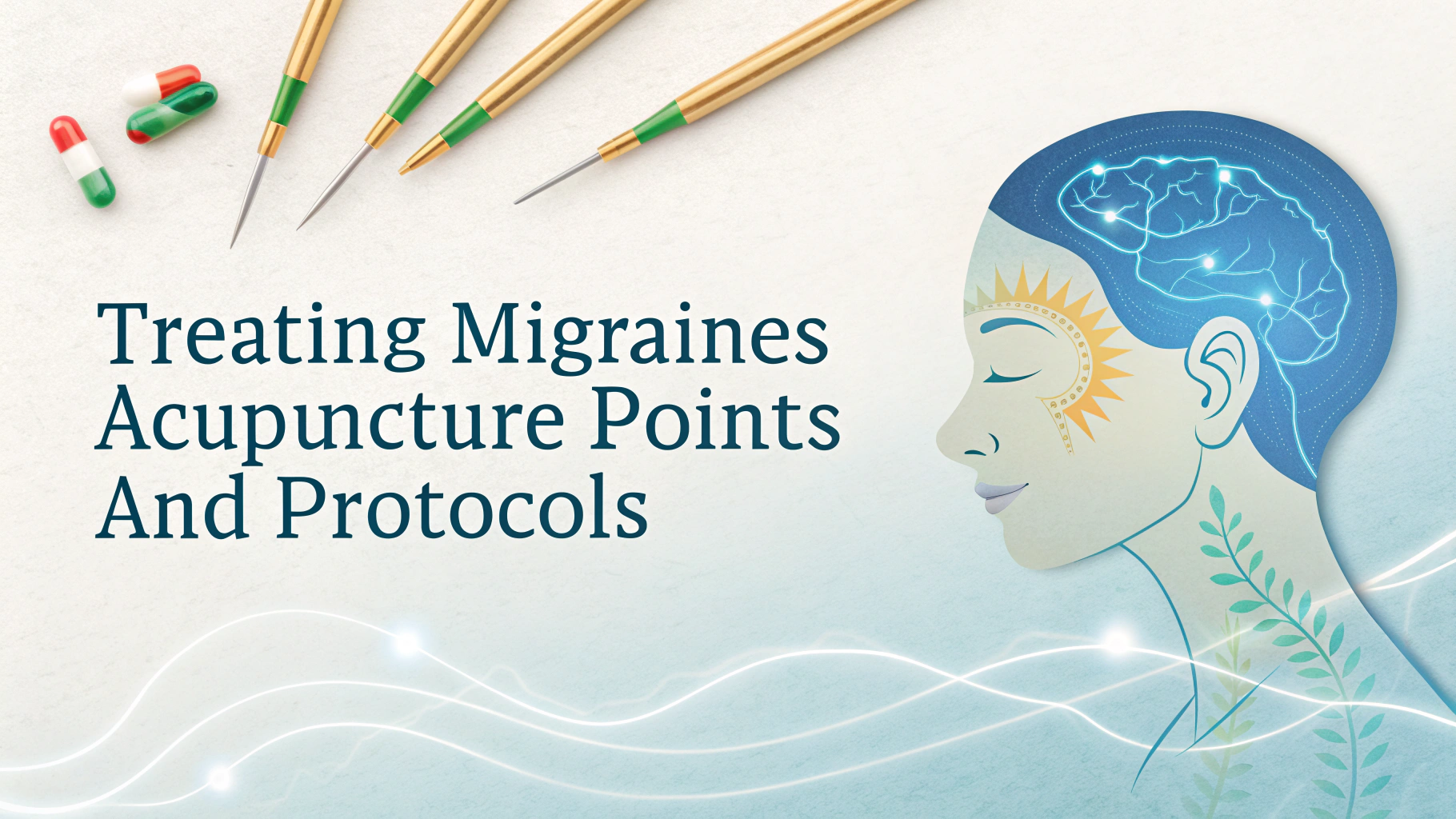
Understanding Treatment Intervals
Treatment Guides
|
frequency, scheduling
Treatment intervals for acupuncture can significantly impact the effectiveness of your healing journey. The frequency of acupuncture sessions depends on your specific health condition, severity of symptoms, and overall treatment ... Read more
